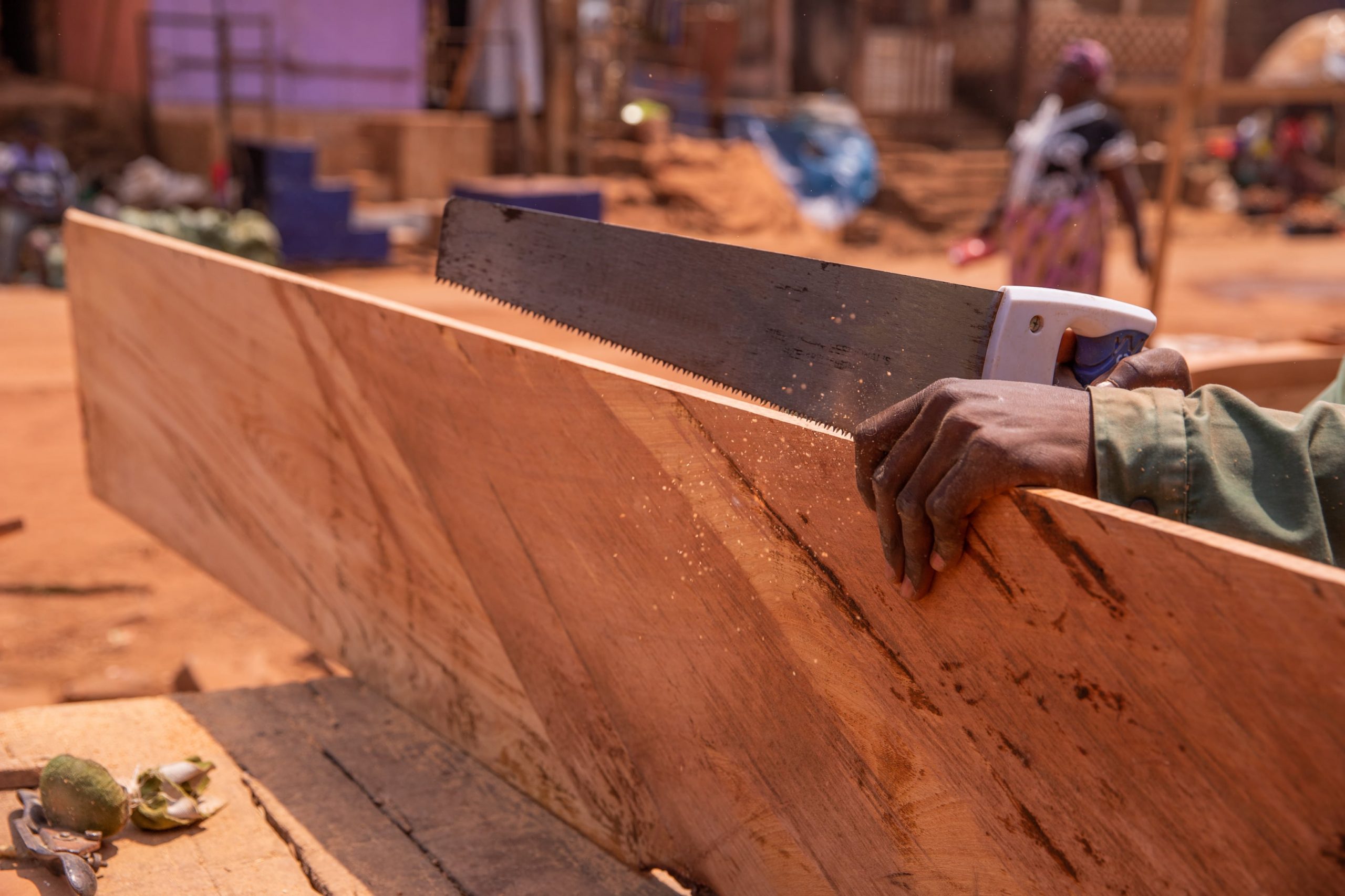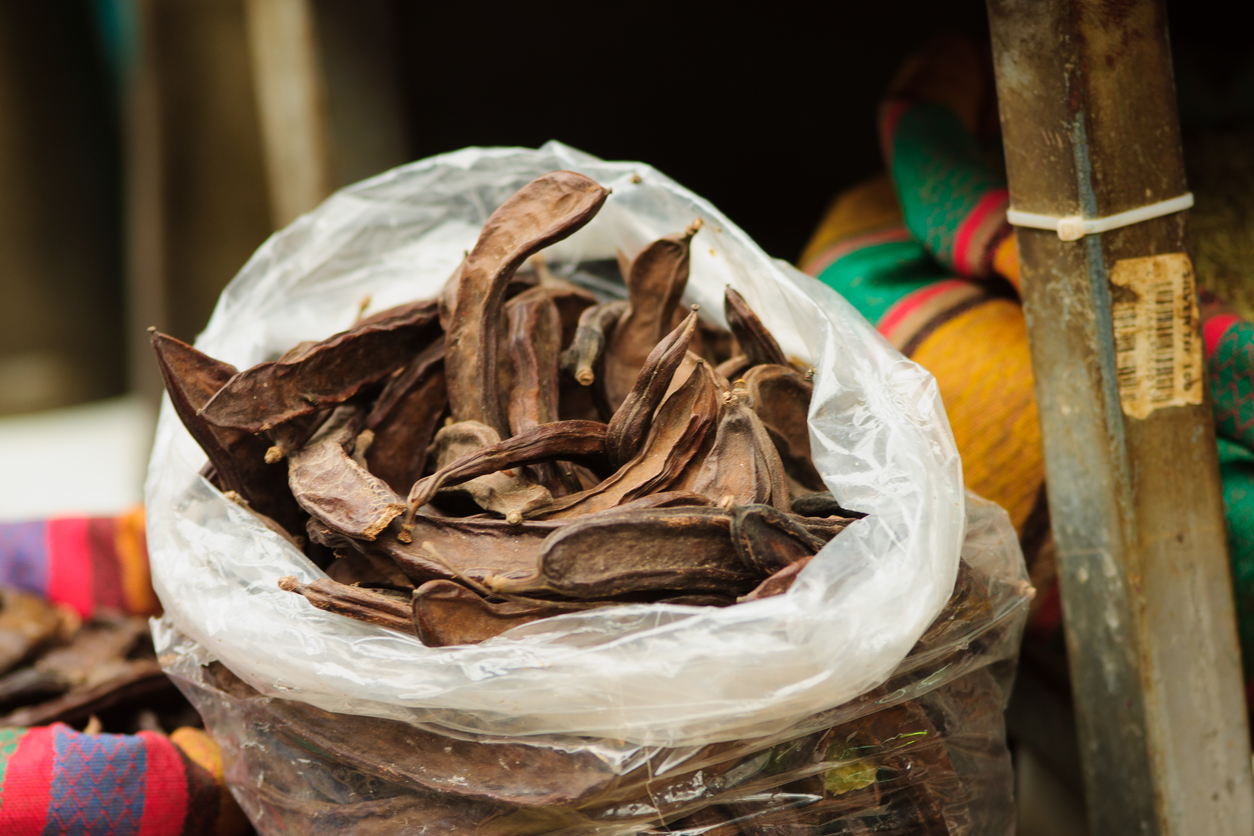Exporting Carved Wood from Africa – Opportunities & How Wigmore Trading Can Help
Africa’s rich heritage of wood carving is more than a cultural treasure—it’s a growing export opportunity. From intricately carved sculptures and furniture to decorative panels and ceremonial artifacts, African carved wood products are in rising demand globally. Exporters, wholesalers, and retailers are increasingly seeking reliable suppliers and logistics partners to tap into this vibrant market.
This article explores the carved wood export sector in Africa, the challenges involved, and how Wigmore Trading can help streamline the sourcing, documentation, and international shipping process.
What Makes African Carved Wood So Desirable?
African woodcarvings are globally appreciated for their:
-
Cultural Significance: Traditional stories and spiritual meanings are often embedded in the designs.
-
Craftsmanship: Carvers from countries like Nigeria, Ghana, Kenya, and Cameroon have honed their skills over generations.
-
Unique Materials: Indigenous woods like mahogany, ebony, iroko, and teak are prized for their quality and finish.
-
Market Versatility: Carved wood products appeal to home décor stores, museums, art collectors, cultural institutions, and furniture brands.
Whether used as standalone art pieces or integrated into architectural projects, African carved wood commands attention and value.
Challenges in Exporting Carved Wood from Africa
Despite the opportunities, exporting carved wood from Africa requires navigating a range of regulatory and logistical hurdles:
1. Quality and Sourcing
-
Ensuring consistency and authenticity across large volumes.
-
Vetting artisans or cooperatives for quality control.
2. Customs and Regulations
-
Export documentation and compliance with both local and international trade laws.
-
Avoiding export restrictions tied to endangered wood species (e.g., CITES-listed woods like rosewood).
3. Logistics and Handling
-
Protection from damage during international shipping.
-
Managing container loading, packaging, and warehousing for delicate or high-value carvings.
4. Buyer Assurance
-
Providing international buyers with certificates of authenticity, origin, and compliance.
How Wigmore Trading Can Help
Wigmore Trading has a proven track record in helping businesses export African goods—artisanal and industrial—across borders safely and efficiently. Here’s how we support carved wood exporters:
✅ Sourcing Network
We work directly with vetted carvers and woodwork cooperatives across Nigeria, Ghana, and other key regions. Whether you need bespoke pieces or bulk orders, we help you source high-quality, authentic carvings.
✅ Compliance & Documentation
Our team ensures all necessary documentation is in place—certificates of origin, customs paperwork, CITES documentation (if required), and international export licenses.
✅ Efficient Shipping & Logistics
From secure packaging to international freight forwarding, we offer end-to-end export logistics tailored to fragile goods like carved wood.
✅ Quality Control
Every shipment undergoes inspection to ensure the carvings meet buyer specifications in finish, dimensions, and packaging.
✅ Trade Advisory
Need help understanding your target market’s import requirements or customs regulations? We provide expert trade support at every step.
Wigmore Trading can help you transform Africa’s artisanal woodcraft into a scalable export business—quickly, legally, and profitably.
Conclusion
The global demand for African carved wood continues to rise, driven by a hunger for unique, culturally rich, and aesthetically powerful designs. But capitalizing on this opportunity requires more than great craftsmanship—it demands export expertise.
Contact Wigmore Trading today to streamline your sourcing, documentation, and shipping needs. With our local networks and global logistics capabilities, we make carved wood exports from Africa simple and profitable.








Comments are closed.